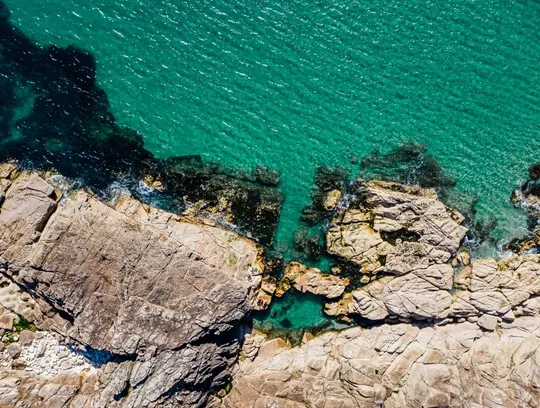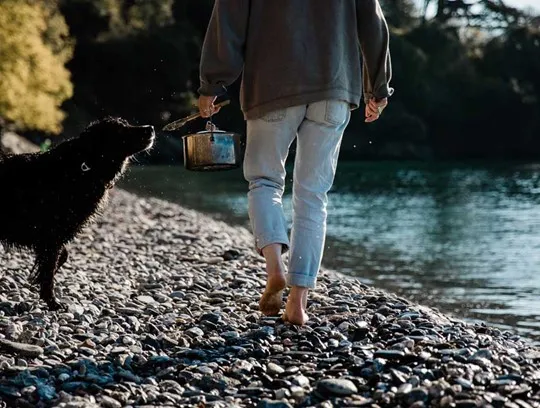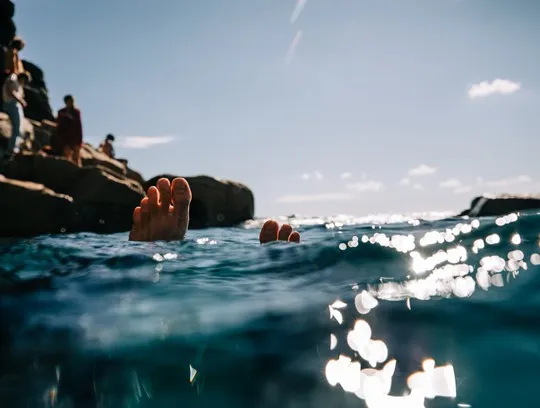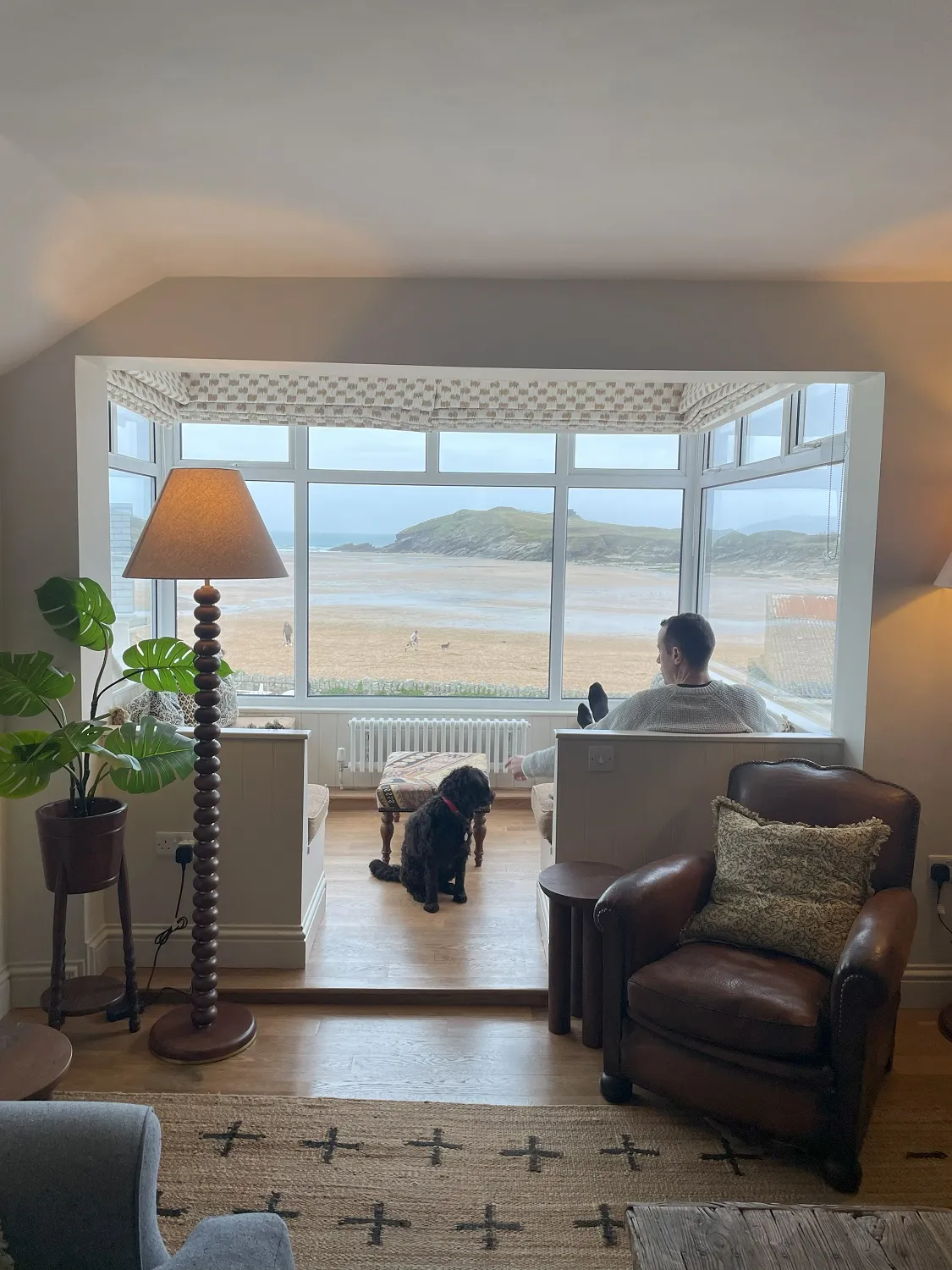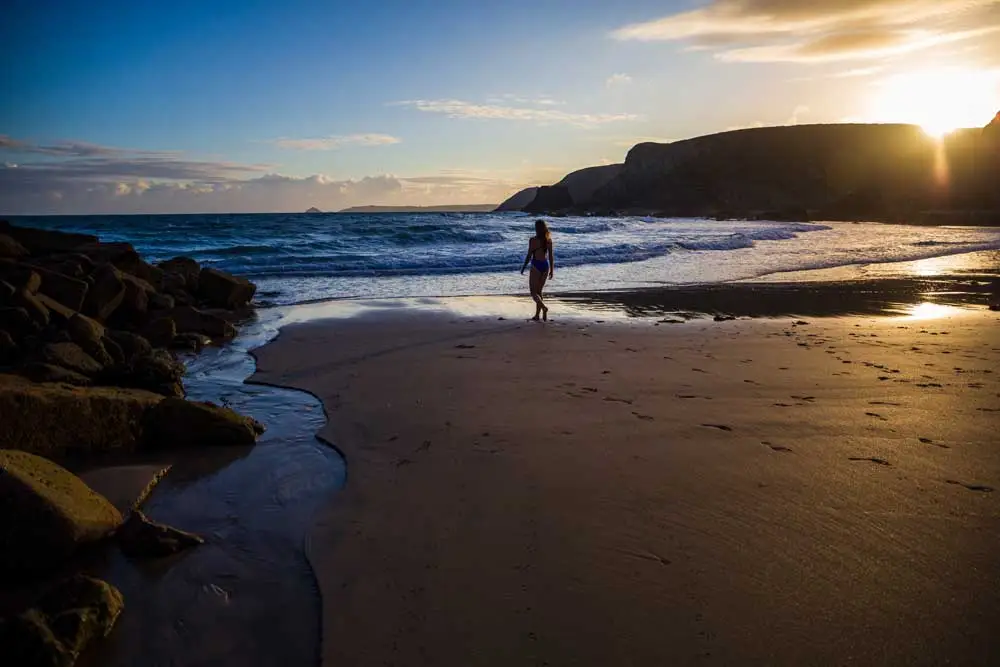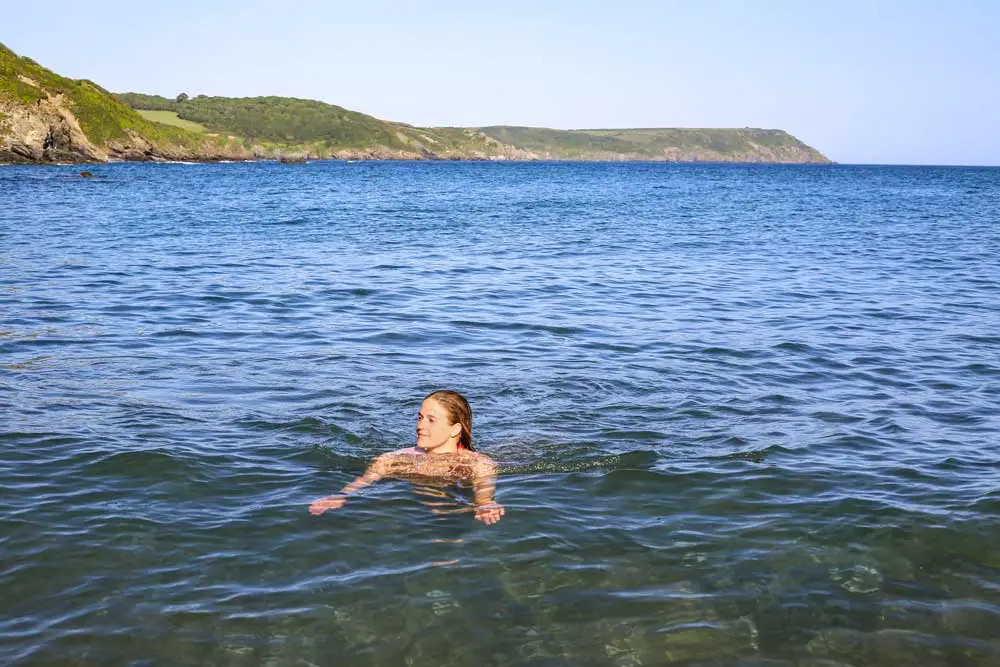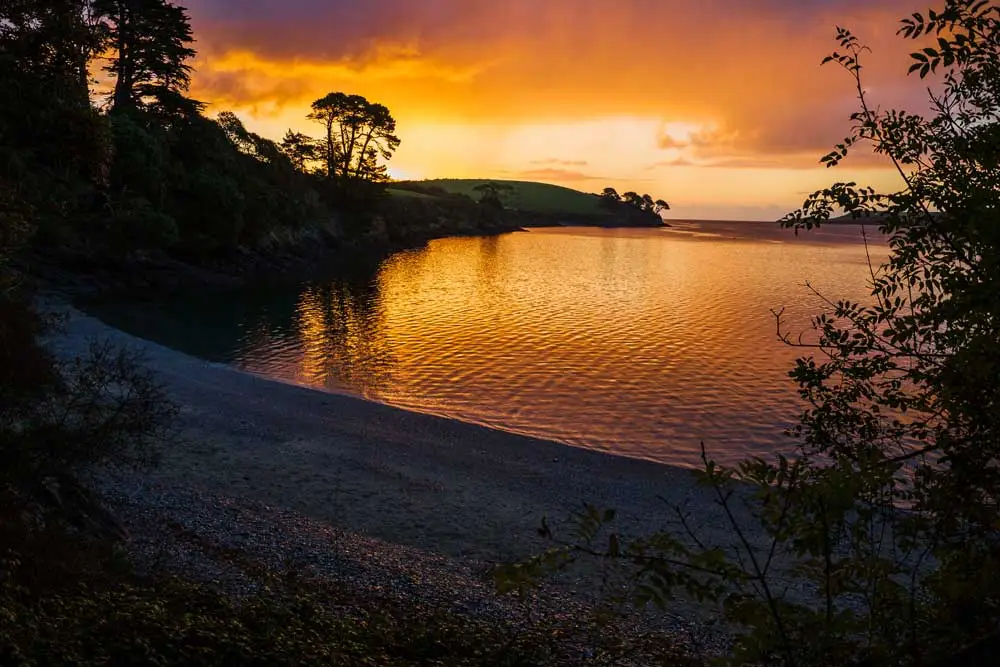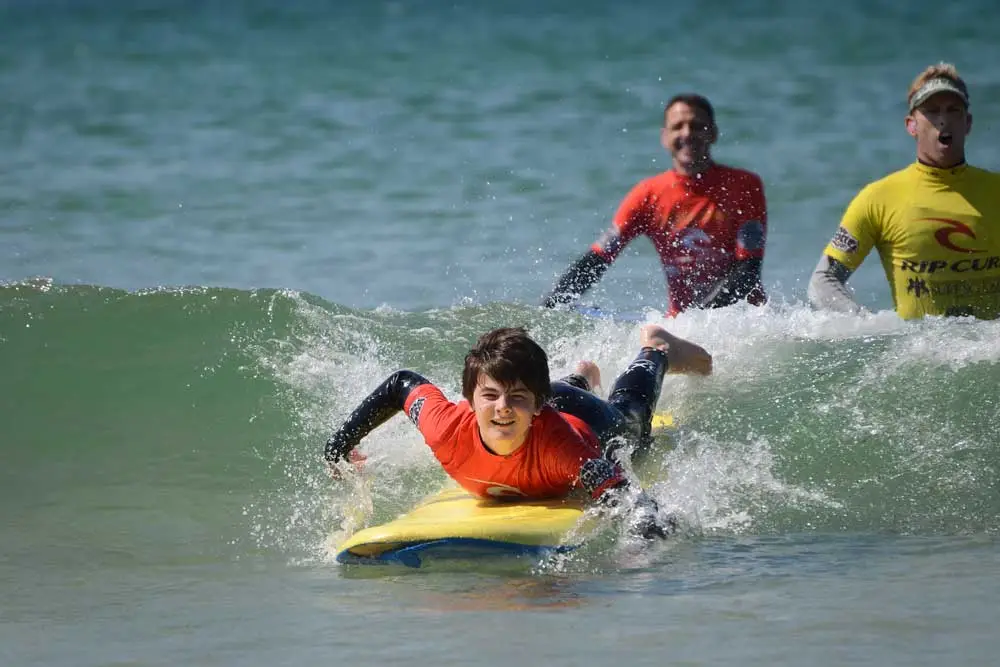MENU
Discover Wild Swimming in Cornwall
30th December 2020
There is something particularly freeing about wild swimming with the salty water, fresh air and endless horizon stretching ahead of you, not to mention ‘finding your own community, self-care and an affinity with nature through cold water’.
Being surrounded by water on three sides, we’re spoilt for choice on wild swimming locations in Cornwall. Whether you are looking to swim in the calms of a river, beside the sandy shore of a beach or brave the wilds of the Atlantic, we speak to Co Founder of Wild Swimming Cornwall Lydia Paleschi for her top tips for beginners, favourite locations and how to stay safe.
***Wild Swimming Cornwall was co founded by Lydia Paleschi, Bethany Allen and Max Campbell and their aim is to encourage more people to take part in wild swimming and to experience its benefits in order to lead a happier, healthier and more fulfilling life.***
Can you describe the feeling you get when you first plunge into the water?
Feelings of apprehension, excitement and a battle of wills between our body and our mind begin before entering the water. However, on overcoming the resistance and taking the plunge, this is replaced with feelings of achievement, bravery and invigoration. Afterwards, we feel refreshed, revitalised and ready to face the day! The more you wild swim, the more you come to love this feeling.
What’s the best way to enter the water, slowly or just jump in?
It’s best to enter the water slowly, particularly if you’re new to cold water swimming. This gives your body a chance to adjust to the cold water shock and for you to catch your breath. Sometimes the cold can make us gasp, so for the first few minutes it’s best not to talk or swim and to focus on acclimatising.
What happens to the body when entering cold water?
As we dip into the water, the body enters into cold water shock as a response to rapid skin cooling. This is experienced at different temperatures for each person, but the colder the water the more likely it is to happen. As a result, we can expect to gasp and our heart rate increases. In order to protect our core temperature from dropping, warm blood rushes from our extremities (our hands, feet and arms) to our core. As we stay in the water for longer, our muscles and nerves begin to cool too. This can lead to a loss in dexterity and movement. Cold water swimming carries a risk of hyperthermia, so it’s important we don’t stay in the water for too long. If you start to shiver or feel warm, remove yourself from the water and get dry quickly.
It’s important to know that cold water shock puts increased pressure on the heart, so make sure you know you’re fit and healthy before going for a wild swim and putting your body under this stress.
Can you tell us your favourite wild swimming location in Cornwall?
With so many great locations for swimming in Cornwall, this one is tough to answer. However, we are huge fans of the Helford River spots which are in our local area.
Do you have any top tips for keeping warm when you exit the water?
All the tips! Particularly in winter, it’s really important to be prepared for a wild swim. Ensure you have plenty of layers with you and a warm drink for when you come out. The main thing is to get dressed as quickly as possible. Prioritise your extremities by getting a hat on your head as soon as possible and socks on your feet. We like to wrap our clothes around a warm drink or hot water bottle whilst we’re in the water so that they’re lovely and toasty when we’re getting changed back into them. Going for a short walk afterwards can help you to warm back up and something sugary to eat never goes amiss!
What are the key benefits to cold water swimming?
According to the NHS, regular swimming can reduce the risk of chronic illnesses such as heart disease, type 2 diabetes and stroke. Cold water swimming comes with the additional benefits of increased metabolism and immunity, plus reduced inflammation.
There are a huge number of mental health benefits to be experienced too. Wild swimming is a form of ecotherapy and a way to practice mindfulness. On top of this, the experience of cold water shock improves the body’s stress response, increases the levels of dopamine in the body and is a way for us to build our confidence, resilience and bravery.
You can find detailed information on the benefits of wild swimming via our website.
What wildlife have you come across while wild swimming?
We come across a broad range of wildlife not only whilst wild swimming, but also as we travel to and from swimming locations. In the past year, we’ve been in the water with seals, jellyfish, fish, swans and cormorants. However, we will have seen many more species of birds, squirrels, hedgehogs and a wonderful selection of plants on the way there and back too.
Are there any groups in Cornwall our guests can meet up with during their stay?
Yes! Cornwall is an excellent place to wild swim and the number of wild swimming groups dotted around the county are a reflection of that. We’ve put together an interactive map on our website to make it easier for people to find a group near to them. This is accessible via the Find Your Group page on our website.
Lastly, do you have any words of wisdom for our guests at Beach Retreats before they take their first Cornwall dip?
It is imperative that you put safety first and conduct a risk assessment before wild swimming. We also recommend that you never swim alone. Whilst there is plenty to be gained from wild swimming, the ocean can be a dangerous place and must be respected. You can find full details on safety via our website and the RNLI website.
We’ve also written a Beginner’s Guide to Wild Swimming for those who are looking for advice on how to take the plunge.
Follow Lydia’s top tips and swimming locations on the Wild Swimming Cornwall Instagram.
